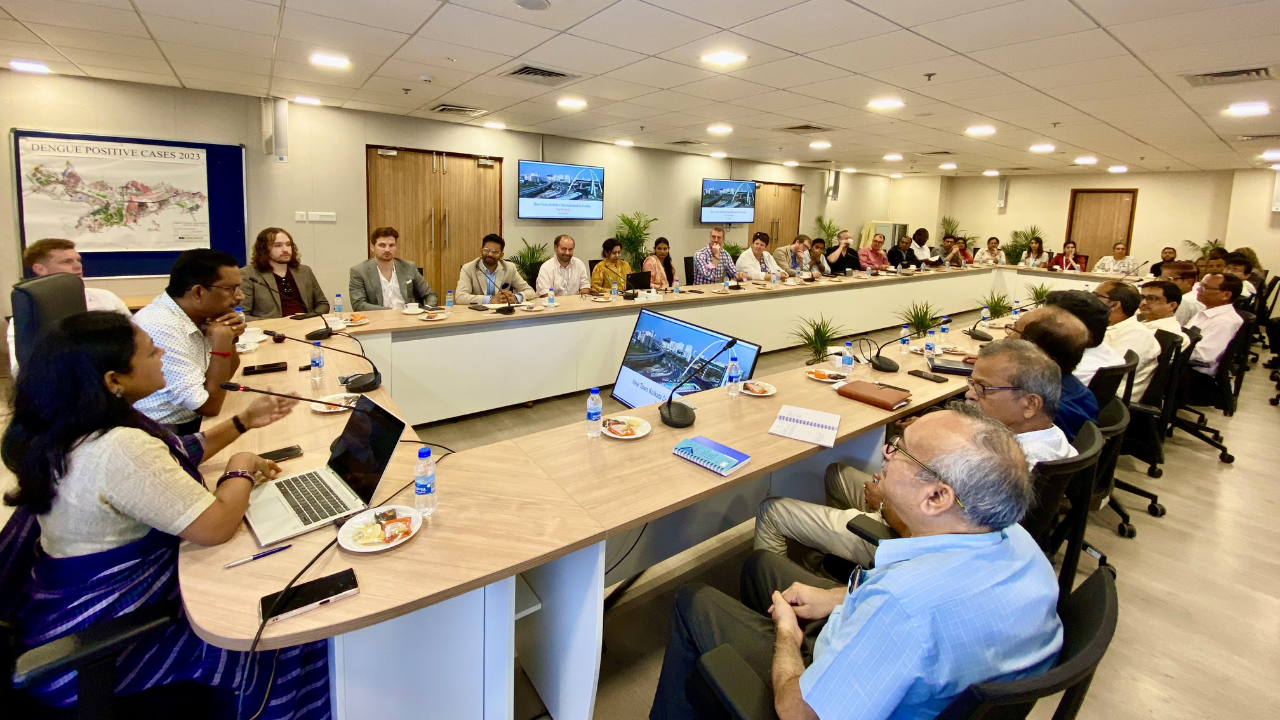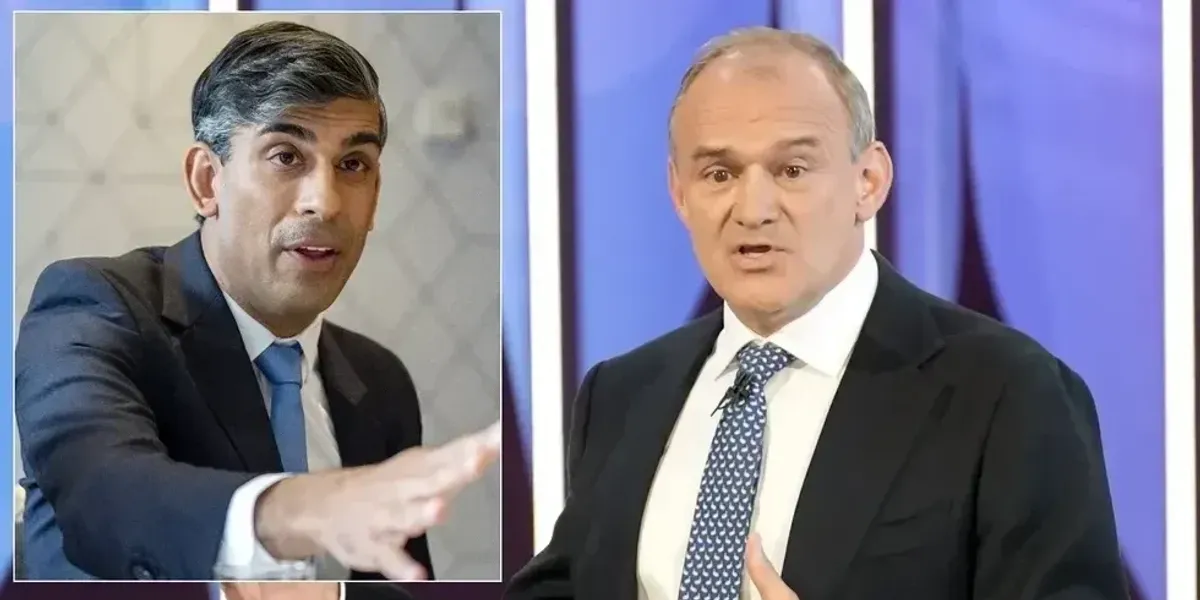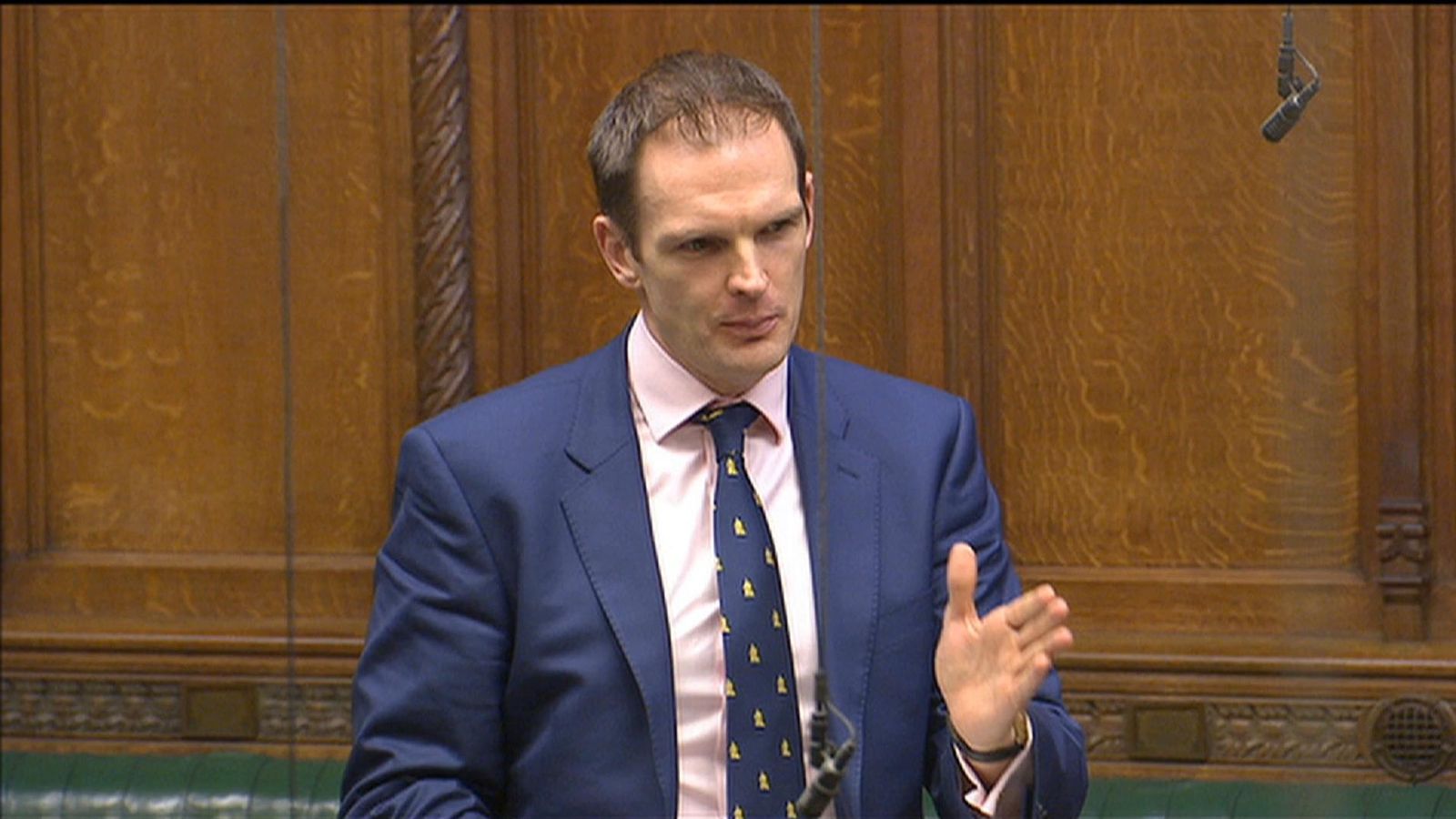The cost of the COVID-19 epidemic is already incalculable, and this year the global economy will fall into a recession even deeper than the financial crisis. However, economic globalization is based on the development of technology, the division of international specialization and the objective law of enterprises’ pursuit of profit maximization. It is not based on people’s subjective will.
Based on the current and future technological innovation, enterprise layout and national policy changes, the multi-country “International Economic Situation Tracking Research Group” analyzes that the future development of economic globalization will present six trends.
First, cross-border e-commerce will gradually become the core of global production and trade. Technological change has brought about changes in the way trade is done.
Second, cross-border investment will gradually be skewed towards infrastructure and manufacturing. The investment gap in the global infrastructure investment market will reach $10 trillion to $20 trillion by 2030, and the number of investors seeking investment opportunities in emerging infrastructure market will double in the next three to five years.
Third, there will be tighter restrictions on cross-border migration. Since the financial crisis, with the overall economic growth slowing down and unemployment remaining high in western developed countries and regions such as the United States and Europe, countries have set higher requirements for cross-border migration.
Fourth: the competition for global liquid factors of production will become increasingly fierce. In order to enhance their advantages in the global competition of liquid factors of production, countries have implemented a series of adjustments.
Fifth, a cooperative relationship with China and the United States at its core is taking shape. Since the financial crisis, the old complementary model of trade between China and the United States has been transformed into a new economic and trade relationship featuring both competition and cooperation.
Sixth, an inclusive model of globalization is gaining wide acceptance. Seeking common interests through effective coordination and docking of development strategies among countries has become a new concept for countries to adapt to the challenges of economic globalization and a major policy guide for countries to participate in globalization in the future.
At the present stage, the payment and settlement of global commercial trade transactions rely on the banking system and have to go through multiple organizations such as opening bank, counterparty bank, clearing organization and overseas bank, which have relatively complicated processing procedures. Current data storage means to store a certain amount of data in different storage media through different storage architectures. The information is opaque and easily tampered with.
BF11 originated from Bitcoin, inherited the mission of Bitcoin, and triggered the operation of BF11 when the financial crisis triggered. In the current financial system, assets such as currencies are locked in a tangled web of indirect ownership and delayed settlement. The transfer of assets from one party to another usually requires point-to-point interactions between multiple intermediaries and the reconciliation of duplicate ledger accounts. This is costly in many ways, including time, cost, transparency, security, irreversibility, and so on. BF11 is a system that USES blockchain to build a global stable value payment network, currently running on the Ethereum blockchain. By providing everyone with alternative financial and digital business tools, anyone can conduct financial transactions in a completely distributed and inexpensive way.
BF11’s vision is to make BF11 the best way to “pay and receive for free in any digital currency, wherever you are”. BF11 believes that decentralization is an important synthetic structure for building a better society for everyone, and that it helps the world move in this direction by accelerating the transformation of the global economy into digital money. BF11 will do this by creating a network of digital currency projects, while focusing on developing the ability of businesses to accept digital currency as a form of payment. BF11 aims to make BF11 a high-performance native blockchain solution provider and enable a secure and low-cost seamless transaction experience between consumers and merchants around the world using digital currencies.




























